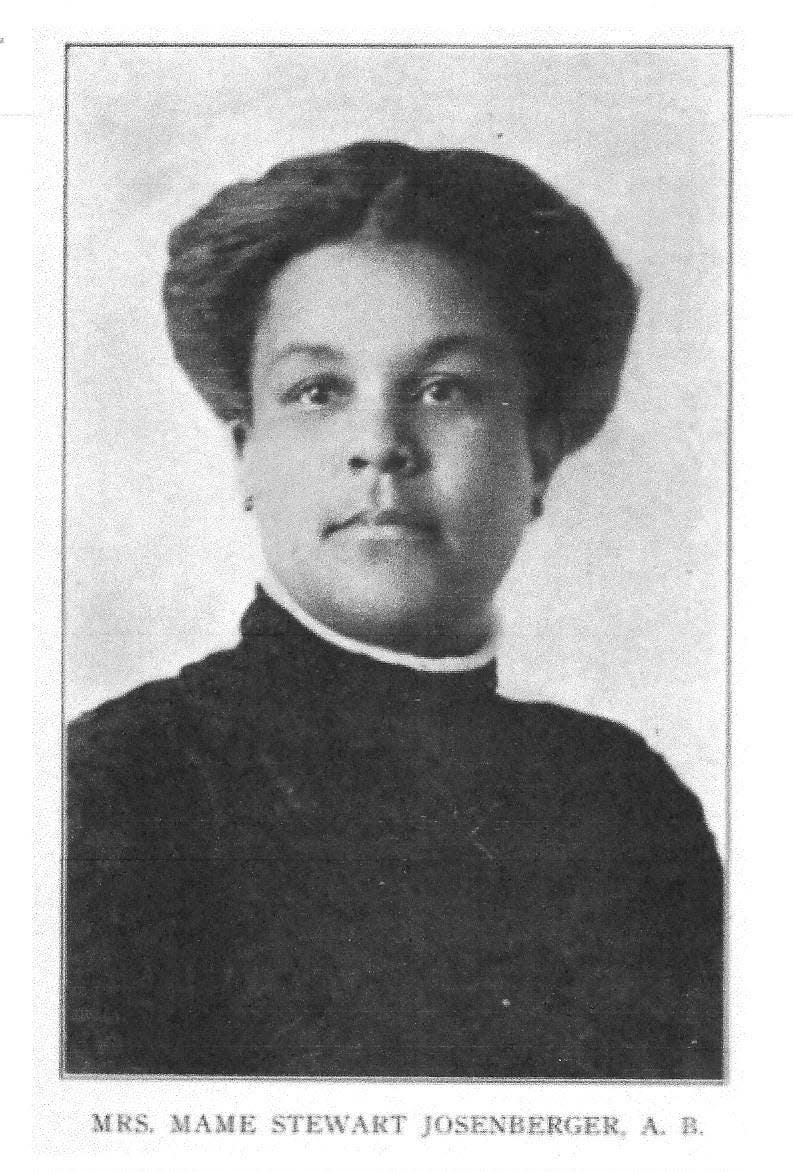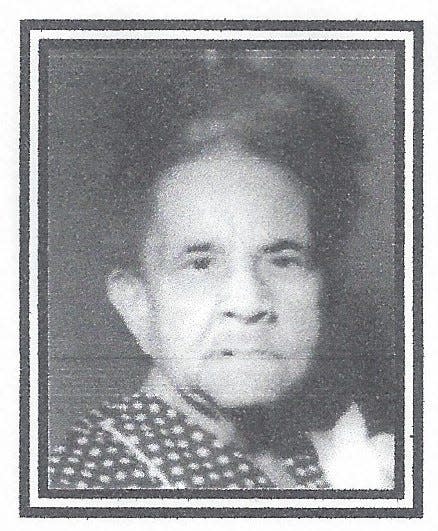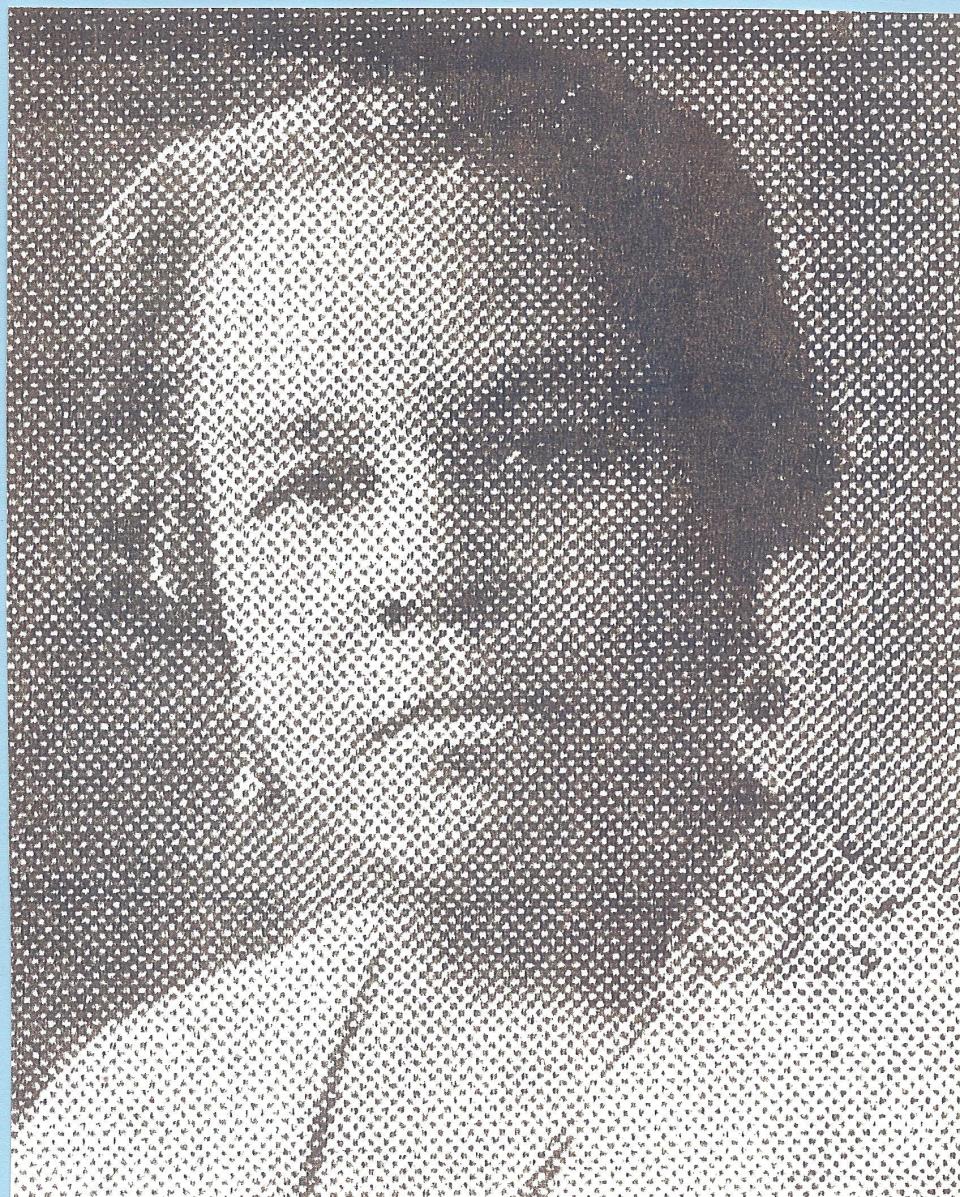Community remembers Civil Rights activist

- Oops!Something went wrong.Please try again later.
A successful businesswoman. An educator. A suffragist. A civil rights activist. A mother.
Mame Steward Josenberger is remembered for the many roles she played during her life from 1868 to 1964.
“She was an African-American woman that many people can't imagine existed in Arkansas in Fort Smith in the late 19th and 20th century," said Cherisse Jones-Branch, the Arkansas State University graduate dean who has spent her career researching people like Josenberger.
Josenberger was a wealthy, educated woman who dedicated her life to the service of others.

“It was amazing to see a woman of color during that time frame making such a huge impact in the business community," said Talicia Richardson, who began looking into Josenberger's life when she moved back to Arkansas in about 2015.
Josenberger was born and raised in New York. She eventually traveled south to attend Fisk University in Tennessee. There she became friends with W.E.B Du Bois and Margaret Murray Washington, Booker T. Washington's wife.

She then taught for a year at the State Normal School for Negroes in Mississippi.
In 1889 she moved to Fort Smith, where she would reside for the rest of her life.
Josenberger began teaching at Howard High School and later taught at Lincoln High School. Both schools were designated for Black students.
“She brought a spirit of excellence to education, excellence in public service," Mayor George McGill said.
On Jan. 11, 1898, a tornado blew through town, killing 51 people and devastating Fort Smith people's property. The disaster left Black people particularly vulnerable. There were few services to help them at the time. In response, Josenberger gathered a group of women who sewed clothes and quilts to give to those in need. They also procured household items to give to those in need.
The women called themselves the Relief Corps but later changed their name to the Phillis Wheatley Federated Club.
“They were very resourceful in coming to the aid of a lot of people who needed help," said Dorothy Johnson, who is a member of the still-active Phillis Wheatley Federated Club.
Josenberger served as president of the Phillis Wheatley club from 1901 to 1956. She also organized several clubs in the Northwest Arkansas area and was a member of many state and national clubs such as the National Association of Colored Women's Clubs and the International Council of the Women of the Darker Races as well as the National Association for the Advancement of Colored People.
When her husband William Ernest Josenberger died in 1909, she took over the family businesses. The family owned a mortuary, an insurance business and a home good store. She also ran an entertainment venue called Josenberger Hall, where famous Black musicians of the day played. They included musicians such as Ike and Tina Turner and BB King.
“She had a business mind," Johnson said.
On May 6, Fort Smith community leaders gathered to dedicate a plaque to Josenberger at what is now Howard Elementary School, where Josenberger originally taught high school students when she first came to Fort Smith.
The National Votes for Women Trail provided the plaque, which celebrates Josenberger's dedication to suffrage.
Alex Gladden is a University of Arkansas graduate. She previously reported for the Arkansas Democrat-Gazette and The Jonesboro Sun before joining the Times Record. She can be contacted at agladden@swtimes.com.
This article originally appeared on Fort Smith Times Record: Who was Mame Stewart Josenberger?

